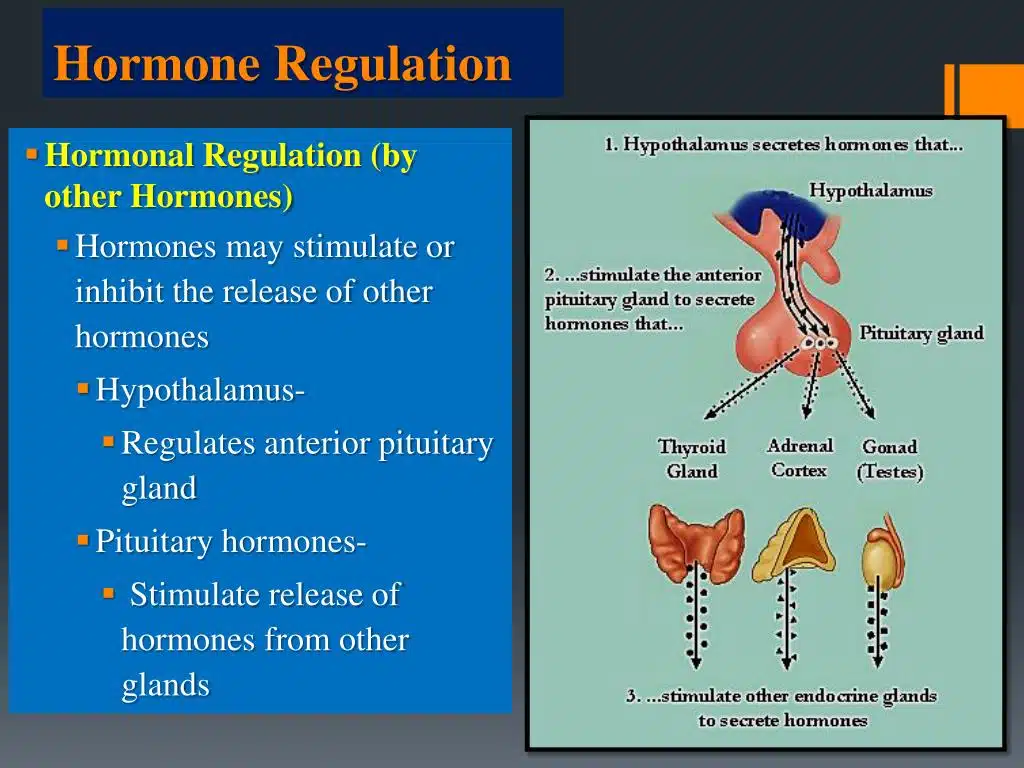Lifestyle, muscle building, sleep
The Importance of Sleep on Building Muscle and Strength
Sleep plays a crucial role in building muscle and overall athletic performance.
When it comes to muscle growth and recovery, quality sleep is just as important as a balanced diet and proper exercise.
Here are some reasons why sleep is vital for building muscle:
1. Muscle Repair and Recovery
During sleep, the body releases growth hormone, which is essential for tissue repair and muscle growth. Sleep allows the muscles to recover from the micro tears that occur during strength training or intense physical activity, allowing for muscle building to occur.
2. Protein Synthesis
Sleep promotes protein synthesis, which is the process by which the body converts dietary protein into new muscle tissue. This helps to increase muscle mass and strength over time.
3. Energy Restoration
Sleep replenishes glycogen stores in the muscles and liver. Glycogen is the primary energy source during workouts, and adequate levels are necessary for optimal performance during subsequent training sessions.
4. Hormone Regulation
Lack of sleep can disrupt hormone levels, including cortisol (stress hormone) and testosterone (important for muscle development). Proper sleep helps maintain a favorable hormonal environment for muscle growth.
5. Reduced Muscle Breakdown
Sleep deprivation can lead to increased levels of cortisol, which can lead to muscle breakdown and hinder muscle recovery.
6. Improved Exercise Performance
A well-rested body performs better during workouts. With sufficient sleep, individuals can lift heavier weights, do more reps, and have better endurance, all of which contribute to muscle development.
7. Enhanced Mental Focus
Sleep is crucial for mental and cognitive function. Good focus and concentration during workouts help to maximize the effectiveness of each exercise and minimize the risk of injury.
8. Injury Prevention
Fatigue from lack of sleep can impair coordination and increase the risk of accidents and injuries during exercise, potentially hindering muscle-building progress.
For adults, it’s generally recommended to aim for 7-9 hours of quality sleep per night. However, individual sleep needs may vary, and factors like age, activity level, and overall health should also be considered.
In conclusion, sleep is a vital component of any muscle-building regimen. Getting enough restorative sleep allows the body to recover, repair, and grow, supporting optimal muscle development and athletic performance.
12 Tips for Improving Sleep Quantity and Quality
1. Limit Caffeine and Stimulants
Reduce your intake of caffeine and other stimulants, especially in the afternoon and evening. These substances can interfere with falling asleep and disrupt sleep patterns.
2. Avoid Heavy Meals Before Bed
Eating a large, heavy meal right before bedtime can cause discomfort and indigestion, making it harder to fall asleep. Try to have your dinner at least a few hours before going to bed.
3. Create a Relaxing Sleep Environment
Make your bedroom a sanctuary for sleep. Keep it tidy, comfortable, and clutter-free. Consider using calming scents like lavender or chamomile, and use soft, breathable bedding.
4. Engage in Relaxation Techniques
Practicing relaxation techniques, such as progressive muscle relaxation or guided imagery, can help calm your mind and prepare your body for sleep.
5. Write in a Journal
If you have racing thoughts or worries that keep you awake, try writing them down in a journal before bedtime. This can help clear your mind and provide a sense of closure for the day.
6. Limit Liquid Intake Before Bed
Drinking too many fluids close to bedtime may lead to frequent trips to the bathroom, disrupting your sleep.
7. Be Mindful of Clock-Watching
Constantly checking the clock when you can’t sleep can increase anxiety. Turn your clock away from view or cover it so that you are not tempted to check the time.
8. Use Sleep Apps or White Noise
Some people find that white noise or soothing sounds can help them relax and fall asleep faster. There are also various sleep apps designed to assist with sleep, offering relaxing music or nature sounds.
9. Establish a Pre-Bedtime Tech Detox
Avoid screens and electronic devices at least an hour before bed. The blue light emitted by screens can interfere with melatonin production, making it harder to fall asleep.
10. Invest in a Comfortable Pillow
A supportive and comfortable pillow can make a significant difference in your sleep quality, providing proper neck and head alignment.
11. Avoid Intense Exercise Close to Bedtime
While regular exercise is beneficial for sleep, high-intensity workouts close to bedtime can leave you too energized to sleep. Opt for gentle stretching or yoga instead.
12. Be Consistent with Sleep and Wake Times
Try to stick to your sleep schedule, even on weekends. Consistency helps regulate your internal clock and improves sleep quality.
Conclusion
Remember, finding the right combination of sleep practices may take some trial and error. What works best for one person may not work for another, so be patient and persistent in implementing these tips. If you continue to experience persistent sleep issues, consider consulting a healthcare professional or sleep specialist for further evaluation and personalized advice.
If you struggle with falling asleep at night are looking for a high quality sleep aid, look no further than Nature Made melatonin. Melatonin is a naturally occuring hormone found in the body that helps to regulate sleep and wake cycles. This brand of melatonin is maximum strength for sleep support, and is the the number 1 pharmacist recommended vitamin and supplement brand. You can purchase your Nature Made melatonin at a discount on Amazon by using the link below:










